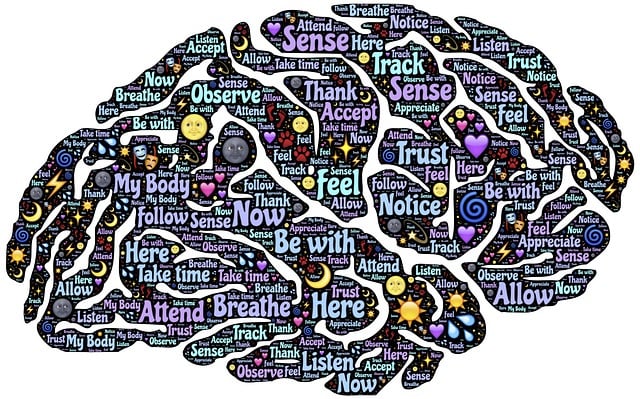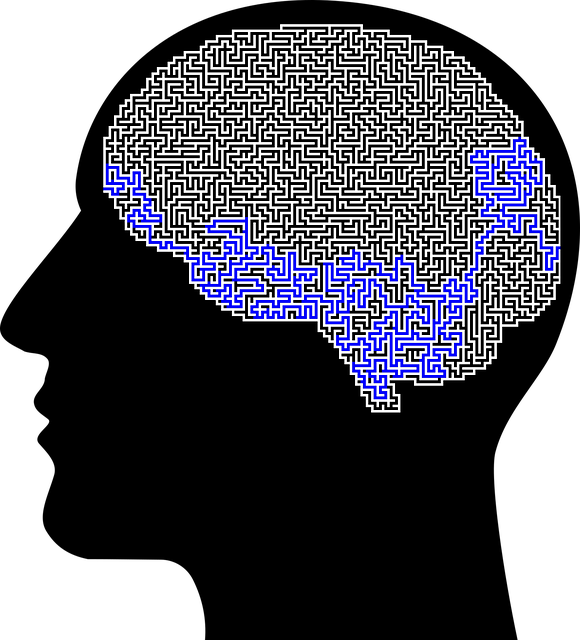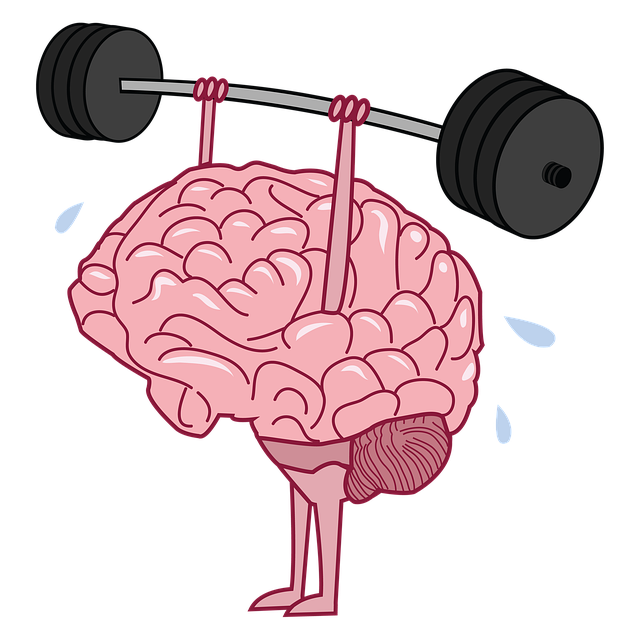Boulder German Speaking Therapy focuses on targeted community outreach to improve mental health within specific demographics, such as German-speaking seniors in suburban Boulder. By analyzing data, incorporating cultural sensitivity, and forming partnerships, they design tailored programs like Mental Health Education Workshops and advocate for policy changes. Their strategic approach ensures sustainable impact through risk management, provider training, and encouraging self-care practices, ultimately enhancing mental wellness outcomes over time.
Boulder German Speaking Therapy can play a pivotal role in fostering community well-being through targeted outreach programs. This article explores strategic implementation steps, from understanding diverse community needs and identifying specific target groups within Boulder to designing engaging activities and building partnerships for successful outreach.
We’ll delve into logistics management, measuring program impact, and ensuring long-term sustainability, offering valuable insights for effective Boulder German Speaking Therapy community engagement.
- Understanding Community Needs: Identifying Target Groups for Boulder German Speaking Therapy Outreach
- Designing Effective Programs: Strategies and Activities for Engaging the Community
- Implementation and Logistics: Building Partnerships and Managing Resources for Successful Outreach
- Measuring Impact and Sustainability: Evaluating Results and Ensuring Long-Term Engagement
Understanding Community Needs: Identifying Target Groups for Boulder German Speaking Therapy Outreach

Understanding Community Needs is a pivotal step in implementing successful Boulder German Speaking Therapy outreach programs. Identifying specific target groups within the community requires a nuanced approach, considering demographic data and cultural factors. By analyzing population statistics, healthcare access points, and existing mental health needs, organizers can pinpoint areas where the outreach can have the most significant impact. For instance, focusing on German-speaking seniors in suburban Boulder who may face barriers to accessing services due to language or cultural preferences could be a strategic choice.
This process involves recognizing not only linguistic but also cultural nuances that shape individuals’ interactions with healthcare systems. Incorporating aspects like Cultural Sensitivity in Mental Healthcare Practice and providing Healthcare Provider Cultural Competency Training can ensure the outreach programs are inclusive and effective. Additionally, understanding community dynamics informs the development of tailored messages and strategies, fostering trust and encouraging participation in initiatives aimed at improving mental health within these targeted groups, as supported by Mental Health Policy Analysis and Advocacy efforts.
Designing Effective Programs: Strategies and Activities for Engaging the Community

Designing effective community outreach programs, such as those offered by Boulder German Speaking Therapy, involves a strategic approach to engage and connect with the local community. The key lies in understanding the specific needs and interests of the target audience. Customizing activities to cater to diverse demographics ensures higher participation rates. For instance, incorporating cultural events or language classes tailored to the community’s background can foster a sense of belonging and encourage open dialogue.
Effective programs should also include a mix of interactive strategies like workshops, group discussions, and art therapy sessions. These activities promote mental health education and build empathy among participants. By integrating Mental Health Policy Analysis and Advocacy into these events, the community can gain insights into existing policies and advocate for changes that align with their needs. This holistic approach to program design not only enhances engagement but also fosters a supportive environment where individuals feel empowered to take charge of their mental well-being.
Implementation and Logistics: Building Partnerships and Managing Resources for Successful Outreach

Implementing successful community outreach programs requires strategic partnerships and efficient resource management. At Boulder German Speaking Therapy, we understand that collaborating with local organizations, schools, and businesses is key to expanding mental health services and increasing accessibility for diverse communities. Building strong relationships with these entities facilitates a shared understanding of the region’s unique needs, allowing us to design targeted Mental Health Education Programs that resonate with specific populations.
Logistics play a crucial role in ensuring these initiatives are sustainable. This involves careful planning, including Risk Management Planning for Mental Health Professionals, to create safe and supportive environments. Furthermore, integrating Healthcare Provider Cultural Competency Training enables us to deliver services that are sensitive to the diverse cultural backgrounds of our community members. By addressing these aspects, Boulder German Speaking Therapy strives to create a network of support that positively impacts mental health outcomes for all individuals within our reach.
Measuring Impact and Sustainability: Evaluating Results and Ensuring Long-Term Engagement

Effective community outreach programs don’t simply aim to provide services; they strive for lasting impact and sustainability. Measuring the success of initiatives like Boulder German Speaking Therapy goes beyond immediate outcomes. It involves evaluating how participants’ mental wellness, as captured in their Journaling Exercise Guidance, improves over time and whether newfound social skills acquired through training persist.
Sustainability requires a holistic approach that encourages self-care practices integrated into daily routines. By offering ongoing support and resources, programs like these ensure individuals not only benefit from short-term interventions but develop the tools to maintain their well-being in the long term.
Boulder German Speaking Therapy can significantly enhance community well-being by addressing diverse needs through tailored outreach programs. By following strategic implementation steps, from identifying target groups and designing engaging activities to building partnerships and measuring impact, organizations can foster lasting connections. This holistic approach ensures that resources are effectively utilized, leading to positive outcomes for both the community and the therapy provider. Through continuous evaluation and adaptation, Boulder German Speaking Therapy outreach can become a vibrant, sustainable symphony of support and engagement.














